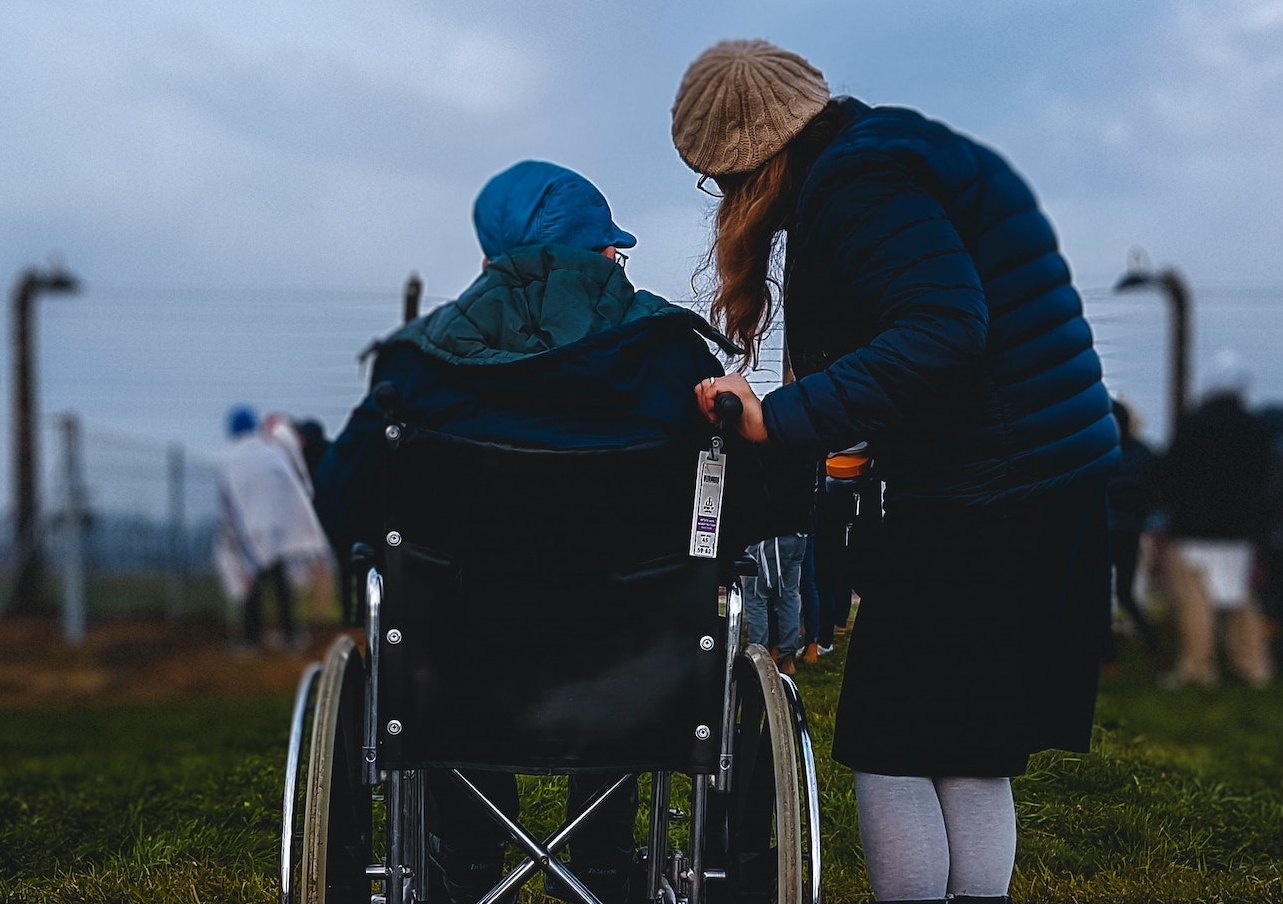Human rights under threat from COVID-19? Concerns raised over disability and ethical decision-making
Human rights need to be protected during the coronavirus pandemic, leading academics say.
Human rights need to be protected during the coronavirus pandemic, leading academics say.

This week, internationally recognised and independent experts in human rights, disability and bioethics have sounded the alarm: human rights of people with a disability need to be protected during the current global pandemic.
Four leading UNSW academics have joined other top experts across the country to call for human rights principles to “underpin ethical decision-making relating to COVID-19”.
An absence of these principles, they say, could put the human rights for people with disability at risk.
These concerns relate to the directives, protocols and guidelines that will determine decision-making in the context of life-saving medical treatment and COVID-19.
“We are concerned that any increasing demand on critical health treatment and intensive medical care will require decisions to be made about life-saving treatment that could seriously undermine the rights of people with disability,” Rosemary Kayess says.
Whilst Ms Kayess – a Senior Research Fellow at UNSW and Vice-Chair of the United Nations Committee on the Rights of Persons with Disability – welcomes the inclusion of disability in the Australian Health Sector Emergency Response Plan, she says that more still needs to be done "to protect human rights".
This issue is noticeable internationally, the signatories say, where health care systems are currently under greater strain than in Australia.
The international experience shows that “medical decision-making protocols demonstrate an underlying, pervasive and often unquestioned devaluing of people with disability”, or ‘ableism’, UNSW Professor of Bioethics Jackie Leach Scully says.
“We are concerned, along with all people with disability, about similar ableist practices and protocols being replicated in Australia.”
These issues are further exacerbated by the higher risks people with a disability face from COVID-19, particularly for the elderly with disability, First Nations people with disability, or those with chronic health conditions and co-morbidities.
"Indigenous peoples have a higher risk of contracting the disease, particularly vulnerable are those living in remote areas," UNSW Professor of Law and Pro Vice-Chancellor Indigenous, Megan Davis says.
"This is particularly acute for Aboriginal and Torres Strait Islander peoples with disabilities."
Due to this, the experts say nationally consistent human rights principles and standards need to underpin any decision-making frameworks to ensure the protection of rights of people with disability.
The Statement of Concern was commission by People With Disability Australia (PWDA) and other key disability organisations in Australia.
Read the full statement and all signatories.
UNSW Signatories:
Ms Rosemary Kayess
Senior Research Fellow, Social Policy Research Centre UNSW
Vice-Chair, United Nations Committee on the Rights of Persons with Disabilities
2019 Australian Human Rights Medallist
Professor Megan Davis
Professor of Law, UNSW Law
Pro Vice-Chancellor Indigenous, UNSW
Expert Member, United Nations Expert Mechanism on the Rights of Indigenous Peoples, UN Human Rights Council
Professor Jackie Leach Scully FAcSS, FRSA
Professor of Bioethics, and Director, Disability Innovation Centre, UNSW
Professor Andrew Byrnes
Professor of Law, UNSW Law
Research Associate, Australian Human Rights Institute, UNSW